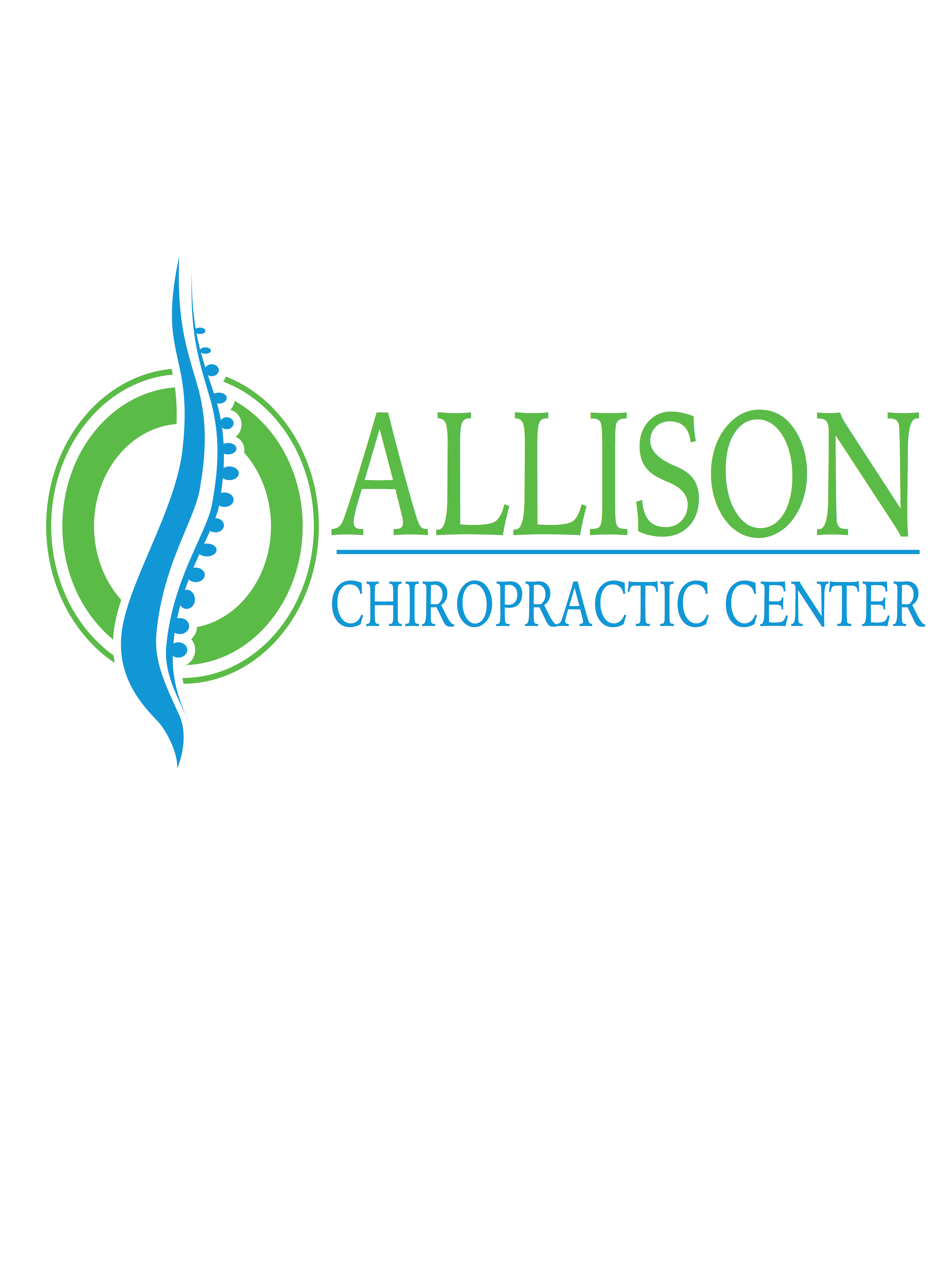Check the weather. While the weatherman isn’t always right, it’s important to check the forecast for your trip. If rain is a possibility bring the necessary items like raincoats, a tent fly and a tarp. Also, in many places the temps can drop at night, so bring along warmer clothing for your evenings under the stars.
Heading to the great outdoors this summer? Bring along these great health and well-being camping tips from Allison Chiropractic Center for those beautiful nights spent cozied up next to a campfire.
Bring along healthy snacks. It’s easy to grab bags of chips and other salty snacks to bring with you—but these will only dehydrate your campers. Nuts and dried fruit are great for a quick bite and a boost of energy while hiking or in between meals. Bananas and apples are also great camping foods because they don’t need to be refrigerated.
Keep hydrated. As always, it’s so important to stay hydrated—especially when you’re spending a few days or more outdoors. Each person should be getting 64 ounces of H2O a day, which is roughly a half gallon a person. If you’re hiking in a few miles or more, consider buying a water filter specifically made for hiking and ensure there will be a clean water source available to you.
Put on the right backpack. This tip is especially important if you’ll be hiking to your camping spot or heading out for a day trip. Make sure that your bag has padded straps and keep them tightened comfortably so your pack isn’t pulling on your back and shoulders. You can also look for a backpack with a waist strap—this helps distribute the weight of the contents in your bag.
Choose the right shoes. This is important no matter where you are. Wearing shoes with socks or hiking sandals instead of flimsy sandals helps prevent injury to your foot and provides extra comfort if you’ll be hiking. Be sure to pack at least two pairs of socks and if they get wet, dry them completely before putting them back on.
Sleep with a pad. There are specially designed camping pads made to go underneath your sleeping bag. This comfort-providing gear will help support your spine and ensure a better night’s rest, especially since most people aren’t used to sleeping on hard surfaces.
Be aware of wildlife. Seeing wildlife on a camping trip can be quite thrilling. Depending where you are in the United States, you may encounter all different kinds of animals. Check with the park or forest preserve in which you’re traveling for specific safety tips or answers to wildlife related questions.
Make a first aid kit. While no one expects to have an injury, you never know what can happen. Purchase or build your own first aid kit so you’re properly prepared. The Red Cross recommends including items like compress dressings, gauze pads, bandages, cloth tape, antibiotic ointment, antiseptic wipes, aspirin, instant cold compress, hydrocortisone, roller bandages and a first aid instruction book.
